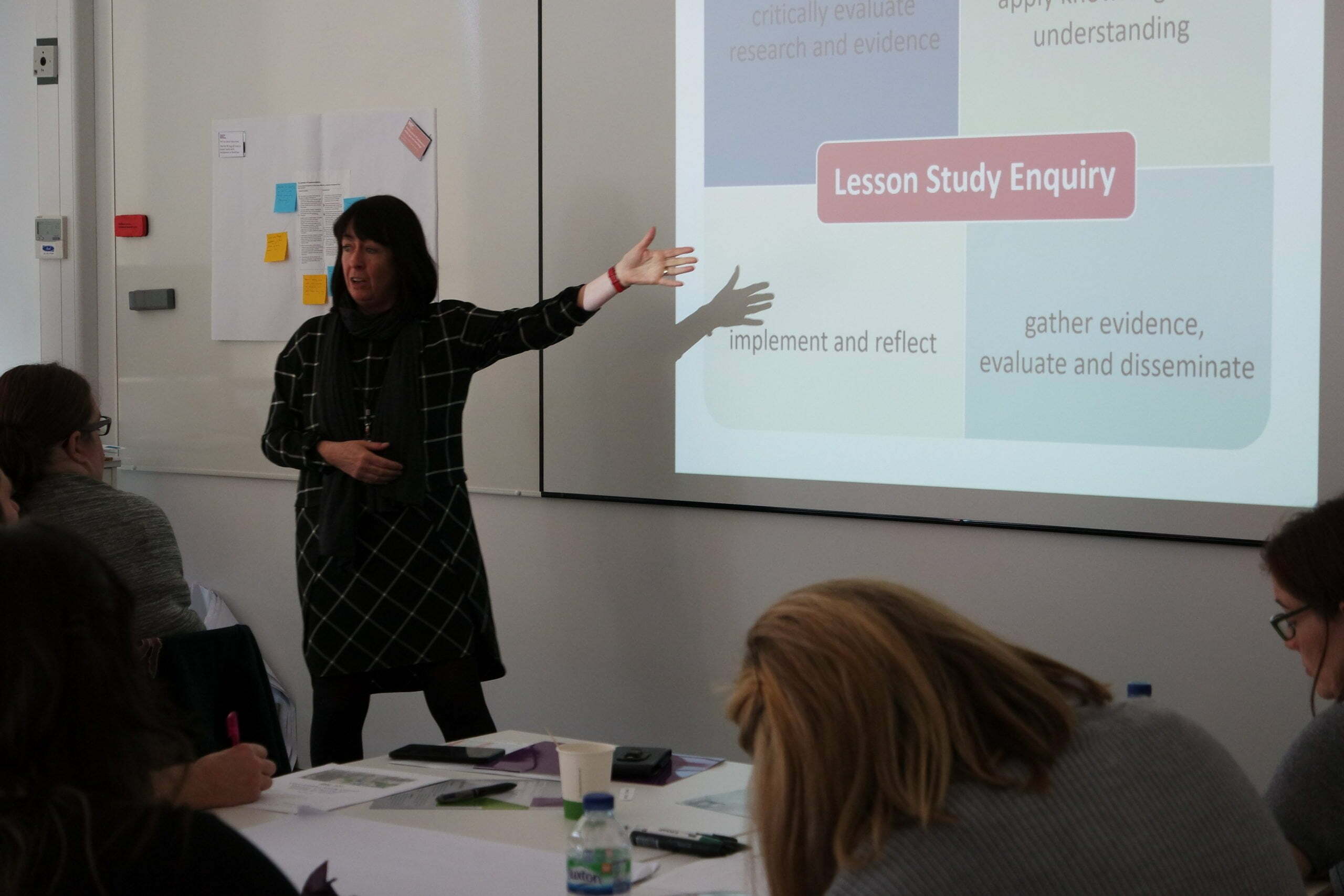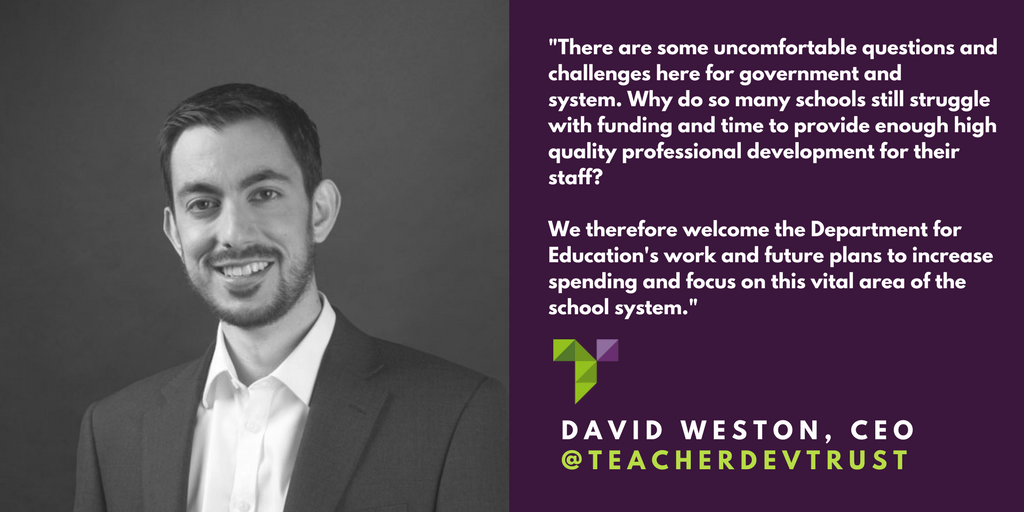Some key ideas from the vide
- Expertise involves “projecting” our mental models onto the world and paying attention to where errors from our expectations occur. This projection of hypotheses drives learning by highlighting areas where our predictions fail.
- Attention is like a “spotlight” that amplifies certain signals from the environment while dampening others. Much is happening that we are “unaware of our own unawareness” about.
- Learning is driven by errors and occurs when there is a “gap between what the brain predicts and what it receives.” Surprise drives learning but too much overwhelms.
- The “Goldilocks zone” for learning is between boredom from lack of surprise and being overwhelmed by too much surprise. Curiosity drives us to learn enough to reduce surprise.
- Experts’ “attentional spotlights” fixate on early clues that predict future success or failure. Novices miss cues and are surprised later.
- Expert teachers plan for flexibility, differentiation, and linking topics over time. Novices tend to script rigidly lesson-by-lesson.
- Experts use more varied questioning, make more connections, head off issues, and perceive more classroom details rapidly.
- Experienced but less effective teachers explain away discrepancies, diminish useful cues, and resist change to automatic thinking.
- Switching contexts reverses expertise until mental models adapt. Supporting expertise requires safety, agency, calm classrooms.
- Fostering collaboration, involvement, trust and shared mission creates a “culture of improvement” to develop expertise over time.
- Coaching and collaborative inquiry can direct attention and unpick unhelpful attributions to support expertise development.



